Data visualization: optimizing data exploration and illustrative storytelling
Data visualization: optimizing data exploration and illustrative storytelling
Recorded May 21, 2019
About This Webinar
The field of plant biology is undergoing a revolution due to the enormous amount of data that is being produced, either by high-throughput sequencing or non-destructive plant phenotyping platforms. Visualizing big-data is not an easy task but it helps with data interpretation, generation of new hypotheses and fairly presenting your results in a scientific publication. In this seminar, Magda will introduce basic concepts of data visualization, introduce the grammar of graphics, and address when different display options (bar/box / dot plots) are appropriate. She will also discuss some guidelines regarding effective figure design and how to strike a balance between storytelling and correct data representation, and how to extend the appeal of your data to the wider community by integrating it into an interactive app.
Participants will be able to:
- Understand the basic concepts of the grammar of graphics using ggplot in R
- Identify the optimal data visualization methods for addressing specific questions
- Know the difference between exploratory & illustratory data visualization
- Perform basic forms of data visualization
- Design effective figures
Link to DataViz notebook html
SPEAKER
 Magdalena Julkowska
Magdalena Julkowska
I have Polish roots, but my intellectual germination started in the Netherlands, at the University of Amsterdam, where I did my Ph.D. under the supervision of Prof. Christa Testerink. During my PhD project, I studied the Root System Architecture of the Arabidopsis HapMap population. Currently, I am a PostDoc at KAUST, in Saudi Arabia, where I focus on (1) salt-induced changes in the root-to-shoot ratio in Arabidopsis, (2) study the expression patterns in plants with enhanced sodium accumulation in their roots, and (3) develop tools for data analysis/visualization using R/Shiny. I am passionate about capturing plant architecture using simple models, understanding plant physiology and salinity tolerance. I love coding in R, BIG data analysis, and sharing whatever I know with whoever cares to listen.
This webinar is free is freely available thanks to the support of the American Society of Plant Biologists
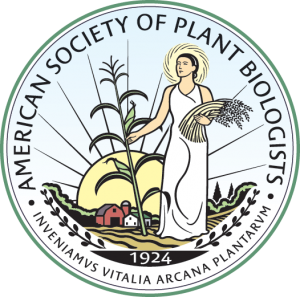
If you would like to sponsor an upcoming webinar please contact community@plantae.org


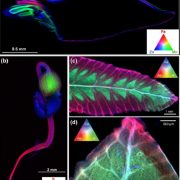

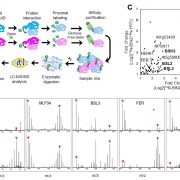
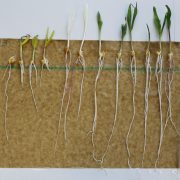

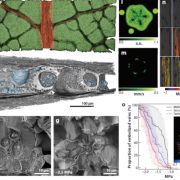
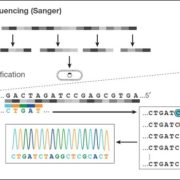
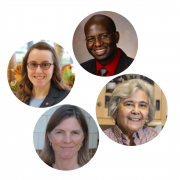

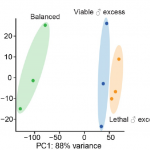
Leave a Reply
Want to join the discussion?Feel free to contribute!